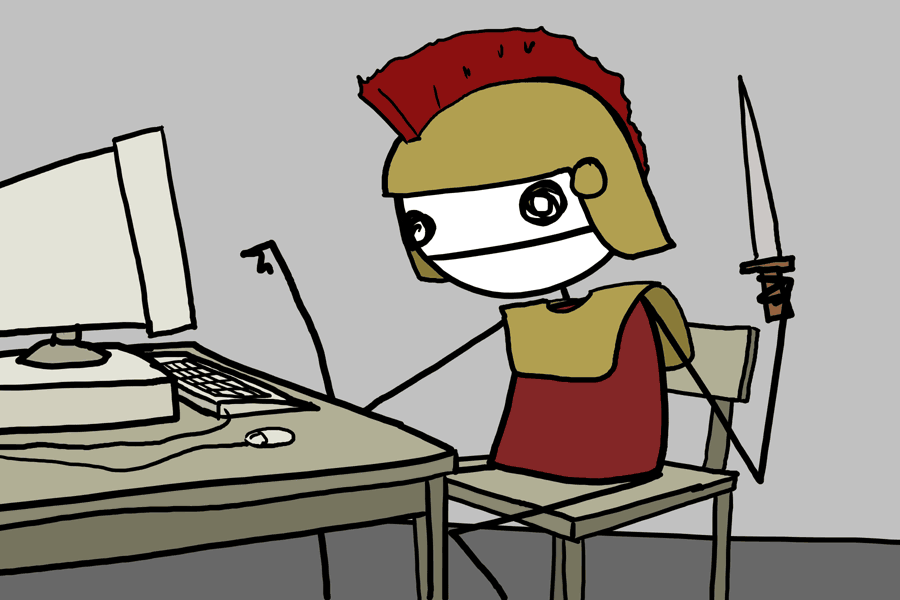 In case it's not immediately obvious, Club Penguin is the hottest site for kids aged 8 to 14. It's a great case study for a company marketing a game to a demographic that hasn't touched such things before. In Club Penguin's case, the effect is multiplied by the fact that not only have these individuals never played games, but their demographic has never played these sorts of games for a variety of reasons. Yet they seem to be doing a solid job of it. I'm going to assume that they foresaw the plethora of ultra-popular penguin-themed movies.
In case it's not immediately obvious, Club Penguin is the hottest site for kids aged 8 to 14. It's a great case study for a company marketing a game to a demographic that hasn't touched such things before. In Club Penguin's case, the effect is multiplied by the fact that not only have these individuals never played games, but their demographic has never played these sorts of games for a variety of reasons. Yet they seem to be doing a solid job of it. I'm going to assume that they foresaw the plethora of ultra-popular penguin-themed movies.Further, Club Penguin illustrates a form of demographic arbitrage which is becoming increasingly common in the hardware industry. Simply put, it's a lot easier to get people who are doing something for the first time to adopt your way of doing it rather than win converts from another platform. The best example of this out there of this is the conflict between Linux and Microsoft over the One Laptop per Child program, which is planning to ship 5 to 10 million units this year, mostly to individuals who have never previously owned a computer. The OS shipped on those laptops, in all likelihood, will be the favored OS for those individuals for years to come.
In this case, the gameplay style and feeling of Club Penguin will be imprinted on these kids for years to come. I've been a strategy gamer for years, probably due to the fact that I spent the entirety of fourth grade playing SimCity.

Club Penguin is simply capturing a market by lowering the age at which people start playing multiplayer games. In my opinion, it was bound to happen, since the lower side of the 8-14 market has only been served by the "educational games" sector. This implies that gaming is entirely a purchase decision made for them by parents and educators. If a 10 year old girl can decide to wear makeup on her own, why can't she bug her parents to pay for a MMOG?
- Brad




